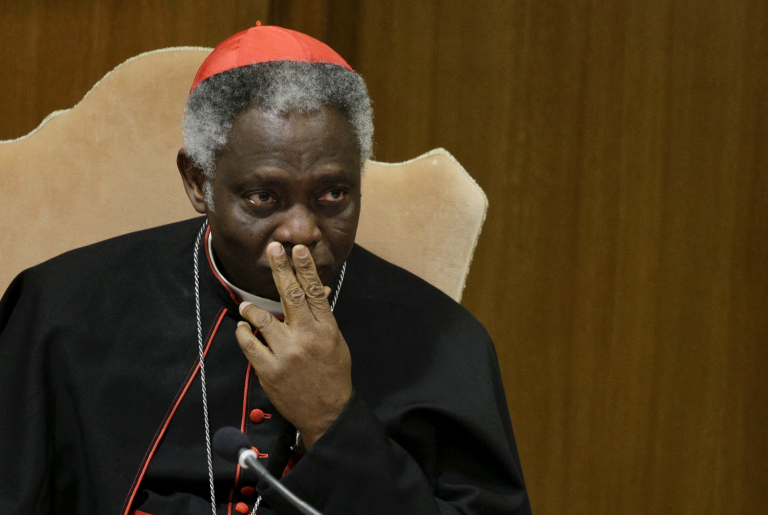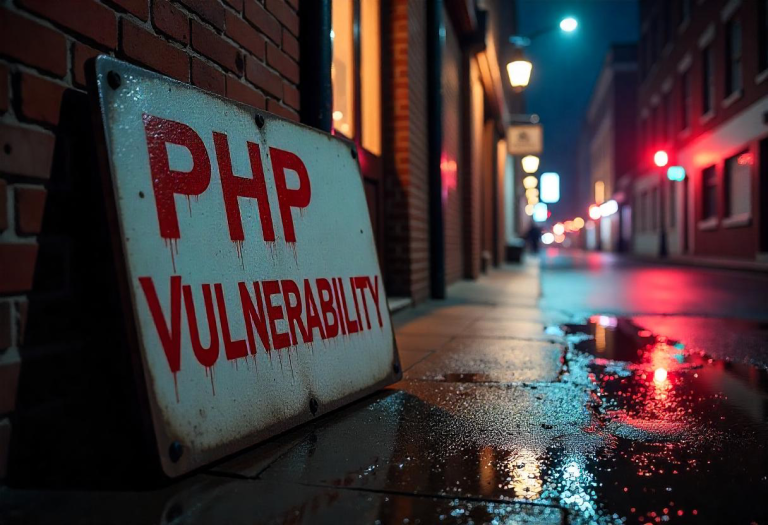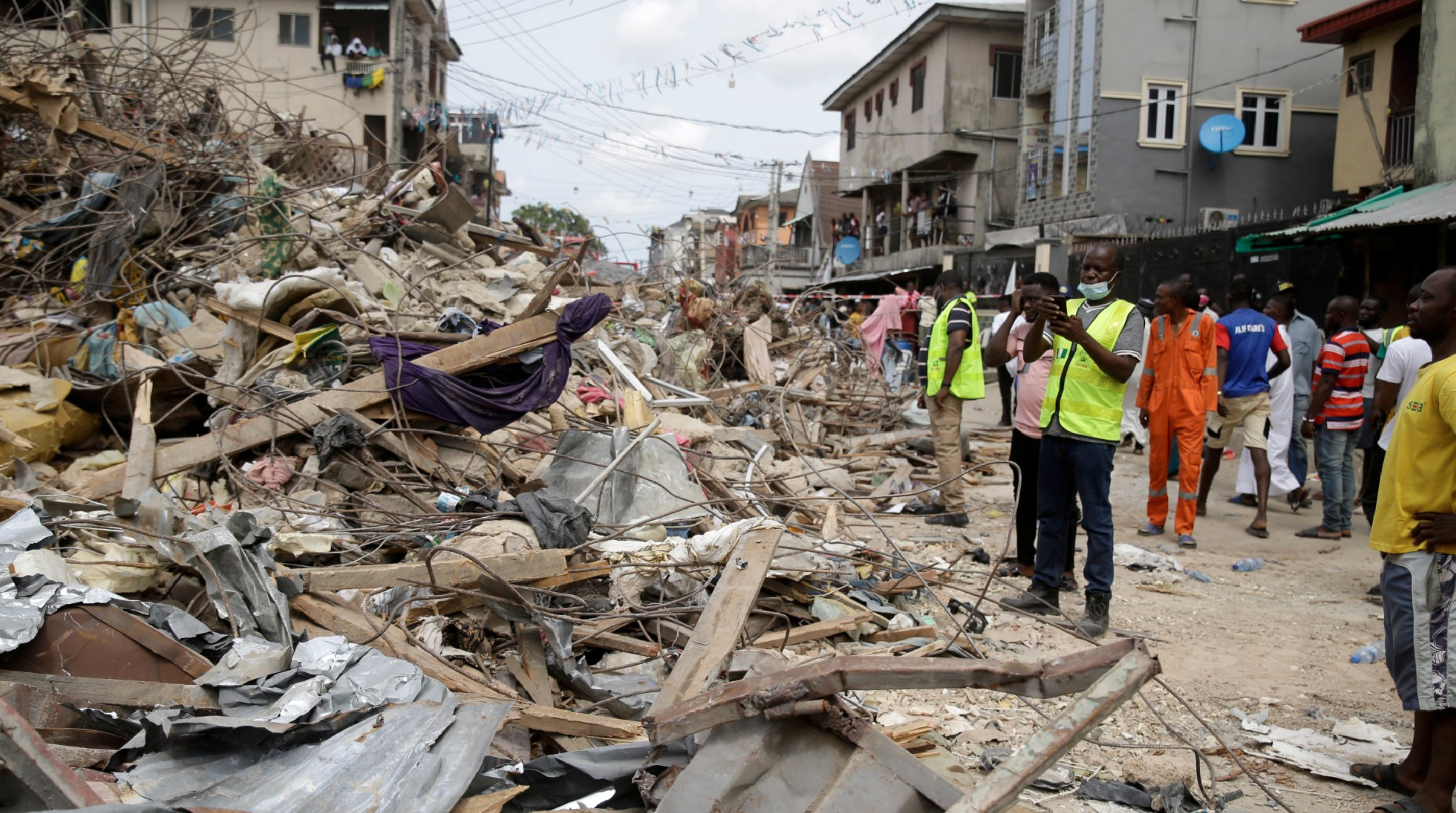
Building collapses in Nigeria have become a recurring tragedy, exposing deep-rooted corruption, negligence, and systemic failures in the construction industry. Below is an expanded analysis of major incidents, their causes, and the aftermath. See 2025 Lagos Building Collapse.
1. The 2014 Synagogue Church Collapse (Lagos) – 116 Dead
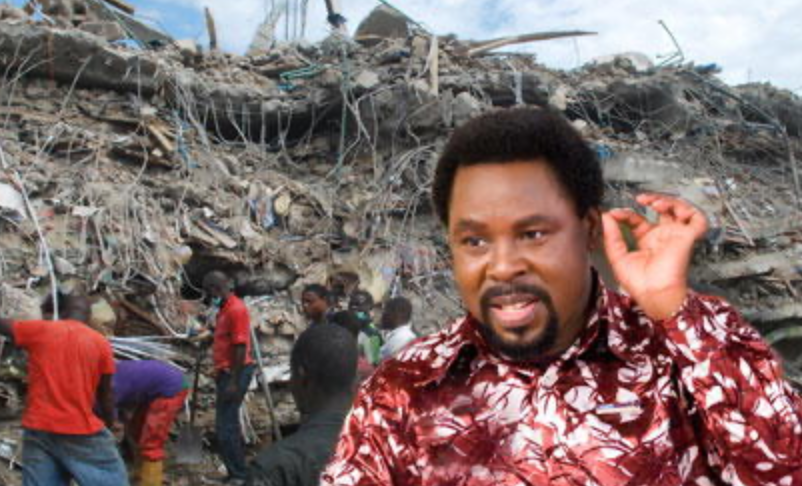
What Happened?
A six-story guesthouse under construction within the Synagogue Church of All Nations (SCOAN) complex collapsed, killing 116 people, including 84 South Africans.
Key Findings from Investigations:
- Structural Defects: The building lacked proper reinforcement and had additional floors added without approval.
- Illegal Construction: No valid permit was obtained from the Lagos State government.
- Negligence: Engineers ignored warning signs, including visible cracks before the collapse.
Aftermath:
- The Lagos government indicted the church and contractors but no high-profile convictions occurred.
- South Africa repatriated its citizens’ bodies and demanded accountability.
2. The 2021 Ikoyi 21-Storey Collapse – 44 Dead
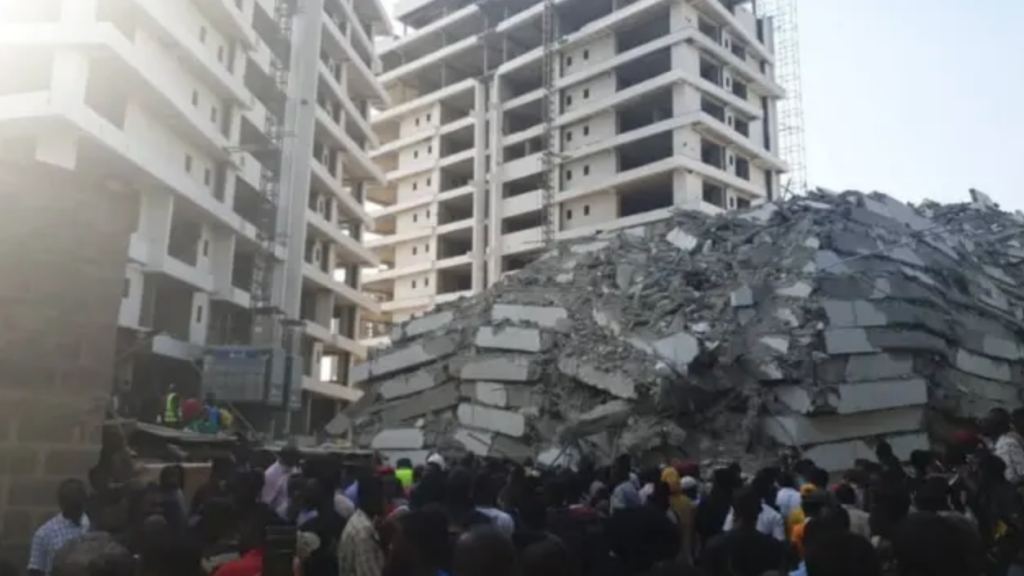
What Happened?
A luxury high-rise under construction in Ikoyi, Lagos, crumbled, killing 44 people, including the developer, Femi Osibona.
See How to Register Your Business Online in Nigeria.
Key Findings:
- Overloading: The building was originally approved for 15 floors but was illegally extended to 21 floors.
- Substandard Materials: Low-quality concrete and weak reinforcement bars were used.
- Corruption: The developer allegedly bribed officials to bypass inspections.
Aftermath:
- Lagos Govt. Set Up a Panel: It found that the Lagos State Building Control Agency (LASBCA) failed in oversight.
- No Major Prosecutions: Despite findings, no top officials were jailed.
3. The 2019 Ita-Faaji School Building Collapse (Lagos) – 20 Dead (Mostly Children)

What Happened?
A three-story building housing a school in Lagos Island collapsed, killing 20 people, including 17 pupils.
Nigeria’s frequent building collapses stem from weak regulations, corruption, and poor construction practices. While some progress has been made, stricter enforcement, professional accountability, and public awareness are needed to prevent future tragedies.
Key Findings:
- Residential-to-School Conversion: The building was originally residential but illegally converted into a school without structural upgrades.
- Weak Foundation: The structure was over 40 years old with no maintenance.
- No Government Inspection: The school operated without safety certifications.
Aftermath:
- The building owner and school administrators were arrested but later released.
- Lagos State promised stricter monitoring of school buildings—yet many still operate in unsafe structures.
4. The 2022 Kano Mosque Collapse – 14 Dead (Mostly Children)
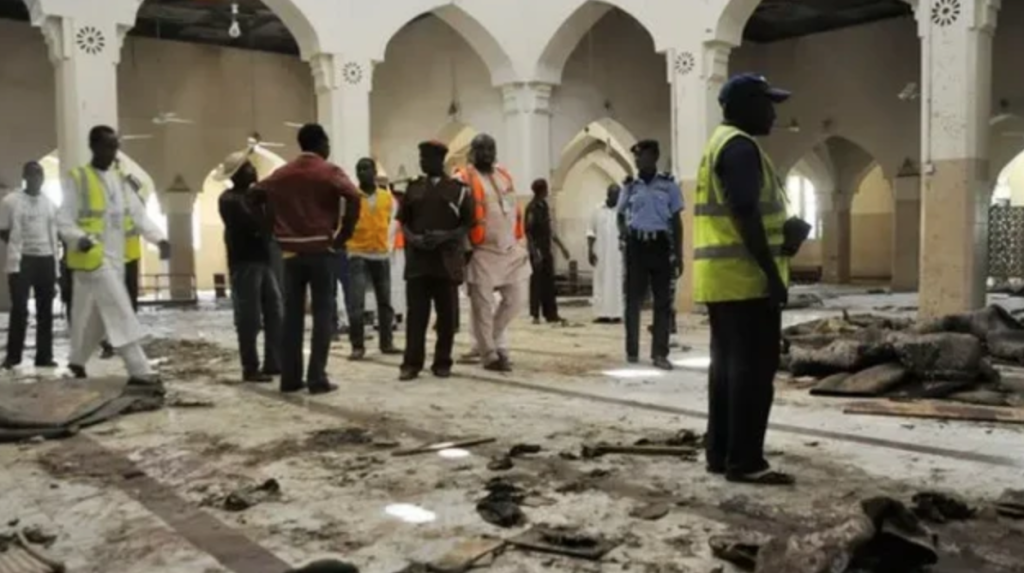
What Happened?
A mosque in Kano collapsed during evening prayers, killing 14, including children attending Islamic classes.
Key Findings:
- Poor Construction: The mosque was built with weak mud bricks and had no structural support.
- Heavy Rainfall: The roof caved in after days of rain weakened the structure.
Aftermath:
- No arrests were made, highlighting weak enforcement of building codes in Northern Nigeria.
5. The 2023 Port Harcourt Building Collapse – 5 Dead
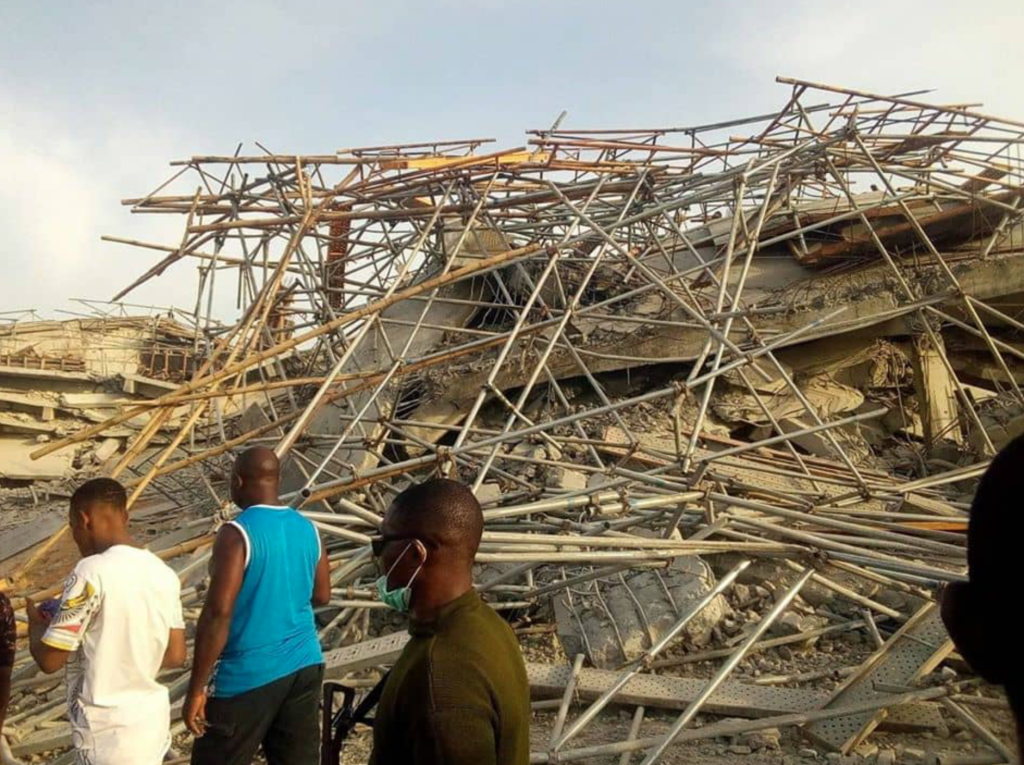
What Happened?
A seven-story building under construction in Port Harcourt collapsed, trapping workers.
Key Findings:
- No Approval: The Rivers State government confirmed the building had no permit.
- Use of Substandard Materials: Contractors cut costs with inferior cement and steel rods.
Aftermath:
- The developer was arrested, but cases often stall in Nigeria’s slow justice system.
Why Do These Collapses Keep Happening?
1. Corruption in Approvals
- Developers bribe officials to bypass inspections.
- Fake building permits are issued for illegal constructions.
2. Use of Quack Builders
- Many projects are handled by unqualified contractors who lack engineering knowledge.
3. Poor Enforcement of Laws
- LASBCA (Lagos) and other state agencies lack resources for proper monitoring.
4. No Consequences for Violators
- Few developers or government officials face jail time, encouraging repeat offenses.
What Can Be Done?
✅ Strict Jail Terms for Negligent Developers & Officials
✅ Mandatory Soil Tests & Structural Audits Before Construction
✅ Public Database of Approved Buildings to Track Illegal Projects
✅ Whistleblower Rewards for Reporting Illegal Constructions
Conclusion
Nigeria’s building collapse crisis is a man-made disaster fueled by greed and weak governance. Without drastic reforms, more lives will be lost.
- The Death of Fish Magnet and Why Kidnapping Continues to Thrive in Nigeria - August 2, 2025
- The Fall of Intelligence - July 10, 2025
- UK to Tighten Visa Rules for Nigerians and Pakistanis Due to Overstaying Concerns - May 7, 2025
Discover more from TruthPost
Subscribe to get the latest posts sent to your email.



